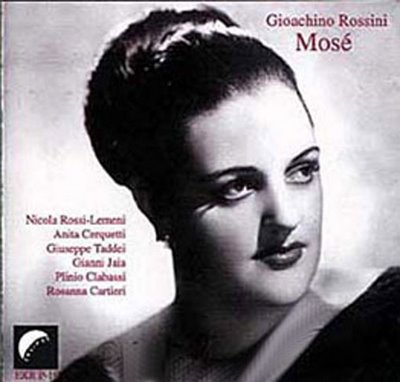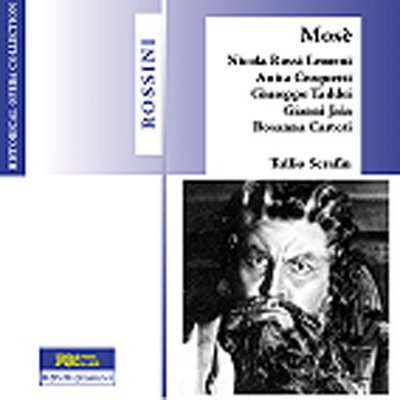

Poussières d'amour - waste products of love
On the steep stairs of the Abbey of Royaumont tumbles in the middle of the aria a panel down the steps and take the two grand (mezzo-) soprano Kristine and Katherine Ciesinski to cross. As the singers and gifted actresses, they continue to try to play (Berlioz), for the perfection it is not (alone) that the highest expression helps. Opera, theater and film director Werner Schroeter ("Tosca" at the Bastille, MALINA in theaters) has in his playful poetic essay documentary, the great, legendary singers he loves, for each day or two in the are taken from mature stage of the Abbey. For a short time, the score of personal and employment are exempt routine, also from the sterility and perfection of the recording studio. Where do they come
, the expression, the expression of the great voice? What is chasing the chill down your back? Is it the intensity of "our search for greater rapprochement with the ? Other, for the love and all kinds of love skills "(Schroeter) The answers can not pathos arise in the first.. I have learned to sing with the ovaries, simultaneously with ten pairs of" laughter Schroeter's film, moving enough, the entertaining two-hour movie I've seen lately Strong emotions, great music -. and again blown away with a light hand, a few times with gracious redundant Santander gesture Schroeter is the host (and director), and he takes the guests to do so. to open (and the audience do so).
a little listless was the legendary singer Anita Verdi Cerquetti front of the camera the left eye closed. She had met the director just the first time. 65 years old she is today, and for 25 years, she had not sung. End to the hypnotic, breezy soft, stop-making is always just before the hysterical voice. Yes, we hear it now, she has lost the voice, she answered the questions of why that is Carole Bouquet. . And it gets over himself, "Anita, begin" commands Maestro Schroeter Her left eyelid that they were closed, opened, and the "Casta Diva" plate, a recording from the sixties, is, the face comes to life; the lips move, she seems to sing again, the tears rolling her nose down, in the final sequence, she looks beautiful, tapered, up to the sky. A miracle.

"God reveals himself in the music," the tenor Sergei Larin beginning of the film had said. Germany Wägnersingerin Martha Moedl, 83, allows surveys from Isabelle Huppert, Schroeter translated live in off. "No idea where the expression of my voice is coming from," she says and laughs. Furtwängler trusted her feeling: "When he was allowed to" make mistakes. Again liberating laughter, shrugs his right lower eyelid of Huppert no more. Then you have the Mödl on camera singing lessons. Mozart? Titus? - Now the movie makes a mistake. "We have no material more," you can hear the director in the distance. Martha Moedl and then works against the "straight out" of Huppert's voice. "Try it soft and casual," The two are understood.
 workshop? Therapeutic session? Celebration of the great voices? The divas private? - None of this, or at least a little of everything, but lifted in a civilization worthy of the equipment (Alberte Barsaq) and light / camera-staging (Elfi Mikesch). As always, Schroeter brings sobering and lovingly-passing all the things that will be mere pathos, in time from the platform down. His stage directions are on the soundtrack. "Elfi, if you look at that ..., your light is great, very nice, Elfi"
workshop? Therapeutic session? Celebration of the great voices? The divas private? - None of this, or at least a little of everything, but lifted in a civilization worthy of the equipment (Alberte Barsaq) and light / camera-staging (Elfi Mikesch). As always, Schroeter brings sobering and lovingly-passing all the things that will be mere pathos, in time from the platform down. His stage directions are on the soundtrack. "Elfi, if you look at that ..., your light is great, very nice, Elfi" We are in the process how a product is made: by intervention. Schroeter interventions impress especially when he breaks up without hurting the inaccessibility of a particularly graceful singer. Rita Gorr, this year 70, and it shows in Schroeter's film as a girlfriend. None of the singers, Jenny Drivala, Gail Gilmore, Trudeliese Schmidt fails Schroeter, but at Laurence Dale. He sings Werther (mass Riet), but you see it, the face is, the famous tenor stops, shakes hands in despair. "You do not open yourself," he accuses Schroeter. A spat hints at the relationship. This is offset by the accuracy with which a pumpkin soup is made.
Schroeter speaks of the fear of death, from the threat of AIDS. Close to death, he sets the event of his love-and-vocal Christian in the walls of the 13th Century. Finding the divine expression of the Ti amo, requires the Racollage, the "how do you say? Of self-Ran-playing. " This is the hour of the production: the staging of the singer against, the staging of the errors of self-presentation. Under the Dome round the Abbey the ground is strewn with sand. A circus arena. A naked rider. A naked acrobat in the twin. A singer, Larin: "I have done my duty" (Fidelio).
Question: What is the expression of Schroeter / Mikesch images? The film itself is a product of love would be the answer. All of pathos said more succinctly, as the gaffer has once before the camera, from head to foot, and his micro gallows hangs over the screen. The sound is guaranteed the big picture experience. The magnificent art film editor (Juliane Lorenz) With all due respect, but the film, though produced with the participation of German and French television stations, should necessarily be seen in the cinema - in a very good sound system.
Dietrich Kuhlbrodt

POUSSIÈRES D'AMOUR
Germany / France 1996th
R: Werner Schroeter. B: Werner Schroeter and Claire Alby. K: Elfi Mikesch. Edited by Juliane Lorenz. A, Ko: Alberte Barsacq.
Pg: Schlemmer Film / MC 4 / Imalrye / utcomes / La Sept / Arte / WDR. FBW: valuable. U: TiMe. L: 120 Min St: 7/11/1996.
With: Anita Cerquetti, Martha Moedl, Rita Gorr, Kristine Ciesinski, Katherine Ciesinski, Laurence Oale, Jenny Drivala, Gail Gilmore, Sergei Larin, Carole Bouquet, Isabelle Huppert.

This text is first - without pictures - published in: epd film 12/96
⠿